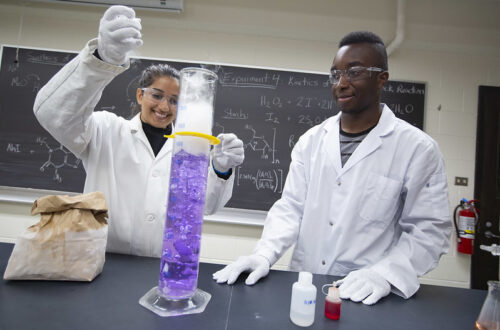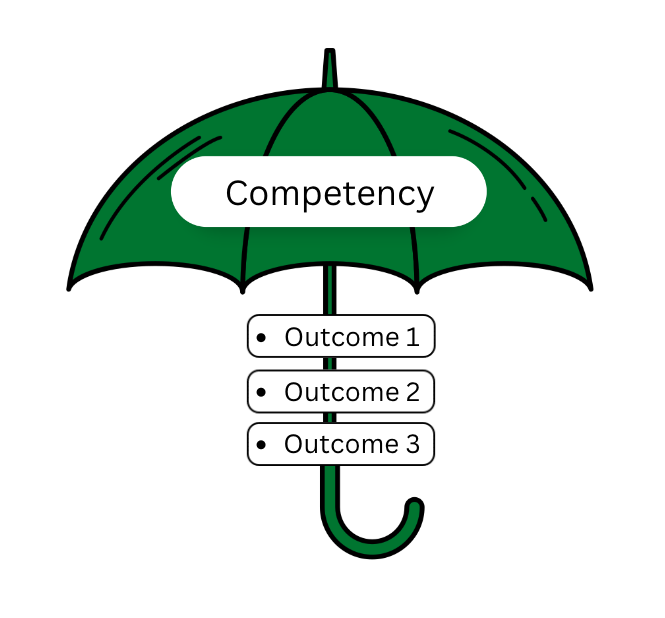Mind the Gap: Learning Communities, Transitions, and Educational Enrichment
“What kind of job can I even get with an x degree?” I’ve heard this question again and again in my time as the program coordinator of learning communities, and I suggest that the anxiety that motivates this question comes from the fact that transitions are hard. For first-year students, for peer mentors, for new faculty, for recent graduates, and for those of us navigating from one job to another – transitions are hard. The difficulties involved in transitions in life are mitigated, however, by education – specifically, the enriching experiences that a good education tends to provide.
In my experience, transitions aren’t supposed to be smooth; if they were, learning would be easy, the unexamined life would be valued, and growth would be stifled. Nevertheless, it can be difficult to recognize the value of education in the midst of transitions, whether those transitions are economic, personal, or educational.
One of the great challenges of the learning communities program is to inspire students to embrace the difficulties and struggles (and therefore the learning) that accompany transition to university culture. Of course some gaps are larger than others, and the gap between high school and university is too often vast. Many will not even recognize the intellectual challenge before them, for the chasm appears too wide.
To address this challenge the approach we’ve taken with learning communities has been to suggest a path which bridges some gaps so that intellectual enrichment can grow. Students in a learning community (LC) benefit from getting to know a small group of peers who take a common set of courses in their first term at university and, together with two peer mentors, explore common interests through weekly LC hours. Those common interests emerge from the unique combination of students who gather. One LC may share a common drive to get into the College of Medicine, while another may share a common interest in sustainable living; one LC might be interested in the ‘human mind’, while another might prefer exploring ‘social justice’. Regardless of the direction students move in over the term, connections are made, thereby improving the likelihood that the intellectual challenge of university will come into view, and that students will reach for it.
Measuring the success of the learning communities program has been my greatest challenge over the years. How do we recognize and define success? If students are more likely to continue with their studies, that’s success. If students are more likely to report having had an enriching educational experience, that’s success. Both student retention and engagement have been the primary metrics by which the LC program has been assessed in its PCIP-funded[1] years. As the colleges begin to take greater responsibility for the implementation and assessment of the LC program, the challenge will be to maintain that success through this transition period for the program. The challenge will be to bear in mind the gap, bring our students’ perspectives into view, and ask ourselves how far we expect them to reach.
[1] For the past six years the Provost Committee on Integrated Planning (PCIP) has centrally funded the Learning Communities program. Over the course of the next three years that funding will be phased out with the hope that the Colleges involved will contribute to sustaining the program.


